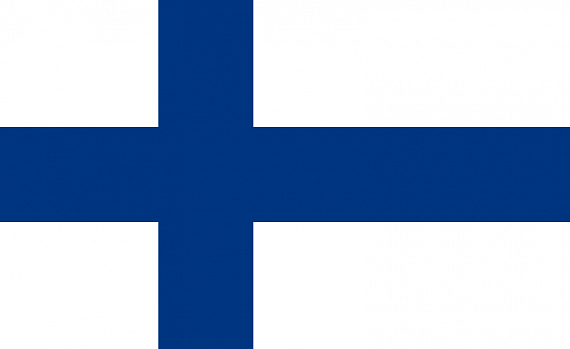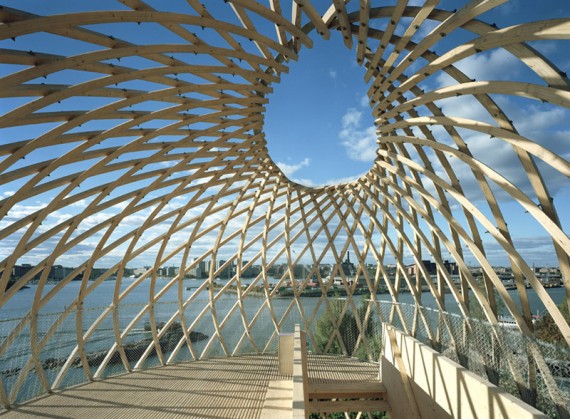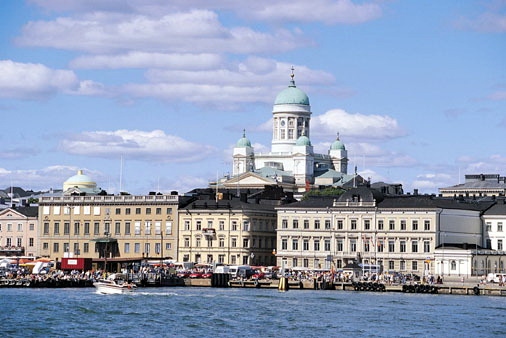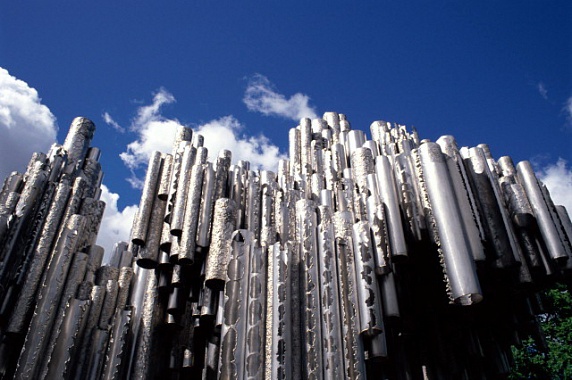 Финляндская Республика
Финляндская Республика
Comment by the Information and Press Department on Foreign Minister Sergey Lavrov’s visit to Finland
On May 4, Foreign Minister Sergey Lavrov will be on a working visit to Finland at the invitation of Finland’s Foreign Minister Timo Soini. On the same day, Mr Lavrov is expected to meet with the President of Finland Sauli Niinisto.
Russian-Finnish ties are characterised by regular political dialogue that maintains positive momentum.
President of Russia Vladimir Putin and President of Finland Sauli Niinisto met twice in 2016: on March 22 in Novo-Ogaryovo and on July 1 in Naantali (Southwest Finland). The next meeting between the two heads of state took place on March 30, 2017 in Arkhangelsk on the sidelines of The Arctic: Territory of Dialogue international forum.
After a two year break, the heads of government resumed their regular meetings in 2016. As a general rule, these meetings are held twice a year. On January 29, St Petersburg hosted talks between Dmitry Medvedev and Prime Minister of Finland Juha Sipila, and on December 9 another meeting was arranged in the city of Oulu.
The various ministries and agencies of the two countries promote constructive ties.
Relations between Russia and Finland are in a good state. Cooperation is based on mutually beneficial trade, economic and investment ties, close interaction along the state border between the two countries, vibrant inter-regional and cross-border cooperation and people-to-people contacts.
The two countries are consistent in their efforts to improve the contractual legal framework for bilateral cooperation, which currently consists of about 90 international and intergovernmental instruments. The most recent examples include the Agreement Amending the Intergovernmental Agreement on International Motor Traffic and the Agreement on Direct International Rail Service.
The two sides were able to substantially mitigate the effects of an unfavourable political background and the European Union’s destructive policy towards Russia, supported by Finland, on bilateral relations by relying on decades of experience and traditions of constructive and pragmatic cooperation.
Russia and Finland cooperate effectively within the UN, as well as in other international bodies, regional frameworks in Northern Europe and the Arctic, including the Council of the Baltic Sea States, Barents Euro-Arctic Council, the Arctic Council and the Northern Dimension. On May 11, 2017, the US will transfer the two-year chairmanship in the Artic Council to Finland at the Arctic Council Ministerial Meeting in Fairbanks, Alaska, USA.
Under the current government programme, ‘Finland is a militarily non-allied state which is engaged in a practical partnership with NATO and it maintains the option to seek NATO membership.’ Finland is among the top five most advanced NATO partners, together with Australia, Georgia, Jordan and Sweden. However, opinion polls show that only about a quarter of the population favours Finland joining NATO, while about a half of the population opposes NATO membership. These figures have remained stable for more than a decade.
Finland fully adheres to the European Union’s position regarding the developments in Ukraine, believing in the implementation of the Minsk Agreements as the key condition for resolving the conflict.
Russia is currently Finland’s third largest trade partner, behind Germany and Sweden. From 2014 and until the middle of 2016 trade almost halved, falling from $18 billion to $9 billion. Since then the decline has levelled off, and in the first two months of 2017 trade surged 58 percent to $1.8 billion.
Investment cooperation remains steady. In the first three quarters of 2016, Finland’s foreign direct investment in Russia totalled $3.7 billion, while Russia’s FDI in Finland totalled $2.7 billion.
The Russian-Finnish Intergovernmental Commission on Economic Cooperation (co-chaired by Deputy Prime Minister of Russia Dmitry Kozak and Minister for Foreign Trade and Development of Finland Kai Mykkanen) plays an important role in coordinating bilateral cooperation. On November 23, 2016, the Intergovernmental Commission held its 14th regular session in Moscow.
Finland’s largest investment project in Russia is the programme to upgrade power generating capacity in West Siberia carried out by Fortum energy holding with a total investment of $4 billion. Fortum is currently building a 35 MW wind farm in the Ulyanovsk Region with a 65 million euros investment. The farm is expected to start generating electricity by late 2017.
More than 400 Finnish companies operate on the Russian market, and some 7,000 companies are involved in trade with Russia in one way or another.
Russia’s largest investment project in Finland is the construction of the Hanhikivi 1 Nuclear Power Plant in the northwest of the country based on Russian technology and with support from Rosatom State Corporation. The project is expected to be completed in 2024 with a total cost estimated at more than 5 billion euros.
The Arctech Helsinki Shipyard in Helsinki, purchased in December 2014 by United Shipbuilding Corporation, has been a successful venture. The company specialises in building advanced multi-purpose ice-going vessels, including support vessels for Russia’s gas and oil extraction operations on the Russian shelf.
All in all, some 3,000 companies with Russian capital operate in Finland, mostly in trading and intermediary services, consulting, tourism, transport and logistics.
On September 22−23, Gatchina, Leningrad Region, hosted the first session of the Russian-Finnish Intergovernmental Commission for Cross-Border Cooperation, co-chaired by Deputy Economic Development Minister Alexander Tsybulsky and State Secretary at the Ministry of Transport and Communications Jari Partanen.
Russia and Finland maintain proactive cultural and humanitarian ties. In 2017, celebrations of the 100th anniversary of Finland’s statehood are expected to add momentum to this kind of cooperation.
These celebrations will feature the 5th Russian-Finish Congress of Twin Cities, to be held in Turku on May 22−24 under Russia’s and Finland’s auspices. On September 21−23, 2017, the 18th Russian-Finish Cultural Forum will be held in St Petersburg. There are about 130 twin cities on each side of the border, including Moscow-Helsinki and St Petersburg-Turku.
A number of other events will be held featuring Russian artists.
Individual travel to Russia and Finland is very active. The number of crossings at the Russian-Finnish border remains substantial despite the decrease in recent years from 13 million in 2013, when crossings reached a record high, to 8.8 million in 2016.











